The projects of 17 Biosciences Area scientists and engineers received funding through the FY22 Laboratory Directed Research and Development (LDRD) program.
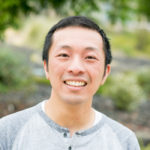
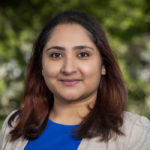 From the Biological Systems and Engineering Division, Deepika Awasthi and Thomas Eng had new projects funded. Awasthi will bioengineer Methylomicrobium for reduced-carbon-emission bioproduct synthesis. Eng, this year’s Early Career track awardee, will develop synthetic biology tools for
From the Biological Systems and Engineering Division, Deepika Awasthi and Thomas Eng had new projects funded. Awasthi will bioengineer Methylomicrobium for reduced-carbon-emission bioproduct synthesis. Eng, this year’s Early Career track awardee, will develop synthetic biology tools for 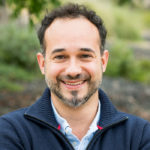
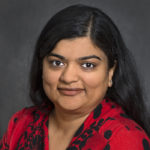 nitrogen-fixing microbes. Héctor García Martin and Deepti Tanjore received funding to continue their projects. Martin is using machine learning to design molecules with desired properties, and Tanjore is use quantum imaging to measure metabolite dynamics in bioreactor microbial culture.
nitrogen-fixing microbes. Héctor García Martin and Deepti Tanjore received funding to continue their projects. Martin is using machine learning to design molecules with desired properties, and Tanjore is use quantum imaging to measure metabolite dynamics in bioreactor microbial culture.
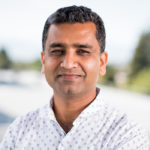
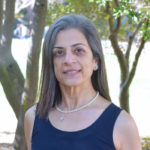
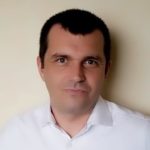 From the Environmental Genomics and Systems Biology Division, Aymerick Eudes, Sabeeha Merchant, and Vivek Mutalik had new projects funded. Eudes will engineer roots to promote soil carbon sequestration. Merchant will seek a deeper understanding of the genomes and metabolic capabilities of green algae. Mutalik will undertake a systematic effort
From the Environmental Genomics and Systems Biology Division, Aymerick Eudes, Sabeeha Merchant, and Vivek Mutalik had new projects funded. Eudes will engineer roots to promote soil carbon sequestration. Merchant will seek a deeper understanding of the genomes and metabolic capabilities of green algae. Mutalik will undertake a systematic effort 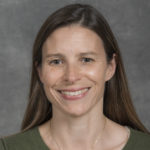
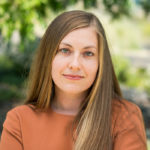 to isolate, characterize, and engineer single strand RNA phages. Susannah Tringe and Kateryna Zhalnina received funding to continue their projects. Tringe is making improvements to the EcoPOD to enable safe, reproducible, mid-scale plant microbiome investigation. Zhalnina is uncovering plant-archaea interactions to regulate nitrogen availability in soils and increase carbon.
to isolate, characterize, and engineer single strand RNA phages. Susannah Tringe and Kateryna Zhalnina received funding to continue their projects. Tringe is making improvements to the EcoPOD to enable safe, reproducible, mid-scale plant microbiome investigation. Zhalnina is uncovering plant-archaea interactions to regulate nitrogen availability in soils and increase carbon.
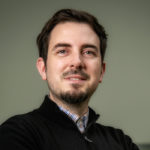
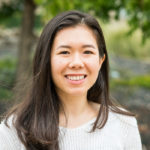 From the Joint Genome Institute, Sara Calhoun and Frederik Schulz had new projects funded. Calhoun will apply multiomics of algal mutants to uncover new players in photosynthesis, and Schulz will establish a
From the Joint Genome Institute, Sara Calhoun and Frederik Schulz had new projects funded. Calhoun will apply multiomics of algal mutants to uncover new players in photosynthesis, and Schulz will establish a 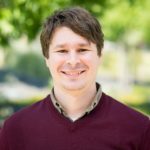 single-cell-based discovery pipeline for terrestrial protists. Benjamin Cole received funding to continue his project investigating the spatial transcriptomics of the plant-microbial interface.
single-cell-based discovery pipeline for terrestrial protists. Benjamin Cole received funding to continue his project investigating the spatial transcriptomics of the plant-microbial interface.
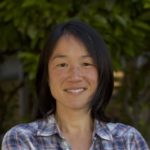
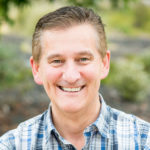 From the Molecular Biophysics and Integrated Bioimaging Division, Marc Allaire and Setsuko Wakao had new projects funded. Allaire will build the GEMINI Branchline, a macromolecular crystallography beamline with two beams in the same experimental hutch at the Advanced Light Source. Wakao will create designer bionanomaterials using diatom frustules.
From the Molecular Biophysics and Integrated Bioimaging Division, Marc Allaire and Setsuko Wakao had new projects funded. Allaire will build the GEMINI Branchline, a macromolecular crystallography beamline with two beams in the same experimental hutch at the Advanced Light Source. Wakao will create designer bionanomaterials using diatom frustules. 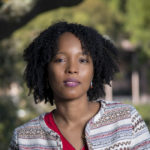
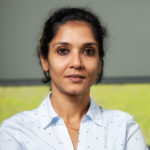
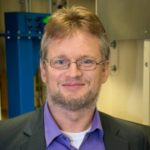 Nathalie Elisabeth, Kanupriya Pande, and Peter Zwart received funding to continue their projects. Elisabeth is using 3D single-cell mapping to characterize carbon-cycling activity in the rhizosphere. Pande is creating computational tools for extracting macromolecular conformational dynamics from diffraction and imaging data. Zwart is generating discovery-driven analytics in 5D microscopy.
Nathalie Elisabeth, Kanupriya Pande, and Peter Zwart received funding to continue their projects. Elisabeth is using 3D single-cell mapping to characterize carbon-cycling activity in the rhizosphere. Pande is creating computational tools for extracting macromolecular conformational dynamics from diffraction and imaging data. Zwart is generating discovery-driven analytics in 5D microscopy.



